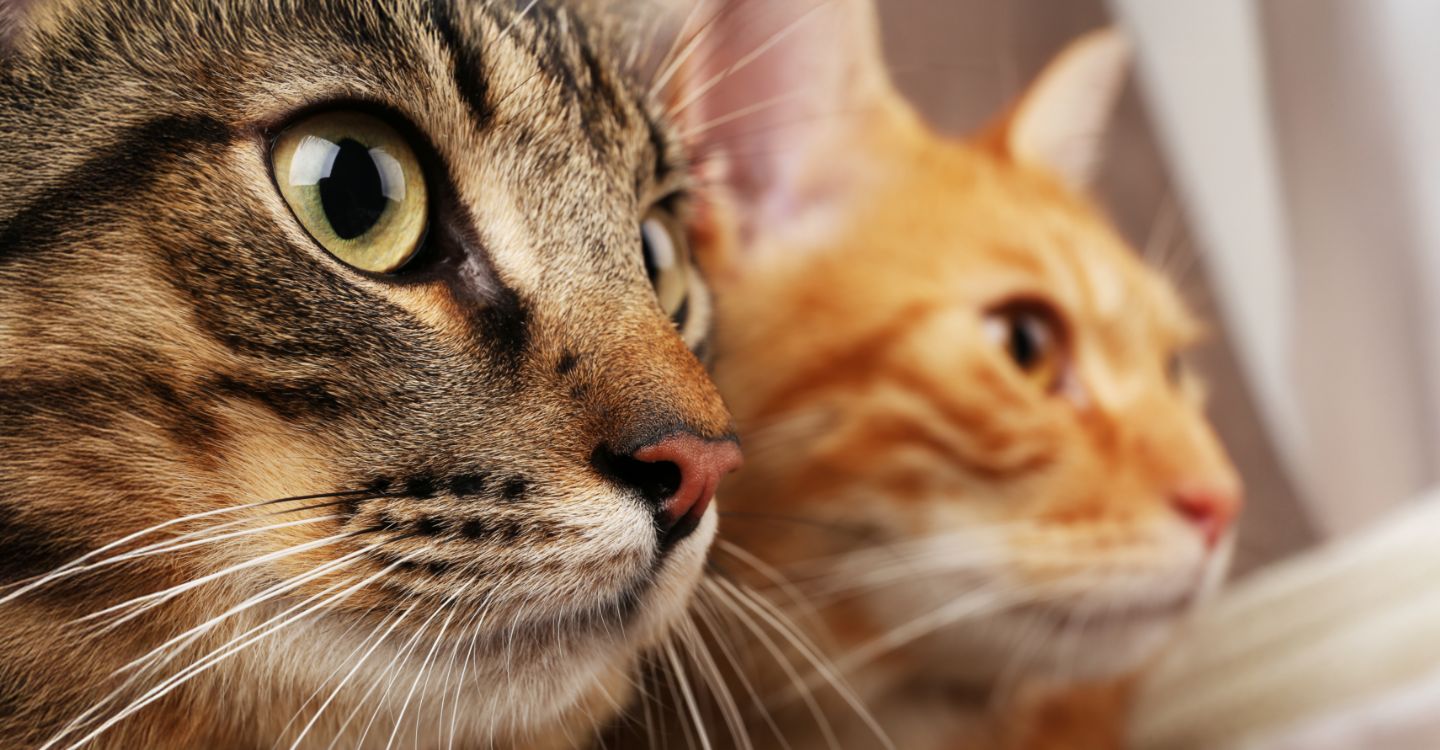From kitten zoomies to cozy senior snoozes, every life stage of a cat is filled with charm. But as pet parents, it’s natural to wonder: how long do cats live? The good news is that with the right care, and a little help from things like pet insurance to manage the vet bills, many cats are living longer, healthier lives than ever before.
How Old Do Cats Get?
On average, domestic cats live between 12 and 18 years, but it’s not uncommon for well-cared-for indoor cats to reach their early 20s. The oldest recorded cat, Crème Puff, made it to an incredible 38 years!
Indoor cats tend to live longer than outdoor cats due to fewer risks such as traffic accidents, infectious diseases, and predator encounters. Breed and genetics also play a role, as some breeds such as Siamese and Russian Blues are known to age gracefully.
At What Age Is a Cat Considered Senior?
Cats are generally considered “senior” from around 11 years old, and “geriatric” once they reach 15+. But don’t be fooled, many senior cats remain playful and active with the right support.
How to Calculate Your Cat’s Age
Forget the “seven-year” rule; it doesn’t really apply to cats. Here’s a better guide:
- A 1-year-old cat = about 15 human years
- A 2-year-old cat = around 24 human years
- After that, add about 4 human years for each cat year
So, if your kitty is 6, they’re roughly 40 in human years. Right in their prime!
RELATED: HOW TO CALCULATE DOG YEARS
Keeping Cats Happy: Fill Their Days with Play and Care
How to Make Your Cat Happy
Your cat deserves a joyful life too. Daily play, affection, and a stress-free environment can significantly boost their wellbeing.
Mental Stimulation and Enrichment Ideas
A bored cat can become a destructive or depressed cat. Keep them mentally sharp with:
- Puzzle feeders or treat-dispensing toys
- Window perches for birdwatching
- New scents or textures such as cardboard boxes or cat-safe herbs
- Rotating toys to keep things fresh.
Older cats especially benefit from gentle brain teasers and simple activities that don’t require too much jumping or agility.
Nutrition and Vet Care Tips
High-quality food that suits your cat’s life stage is one of the best ways to extend their lifespan. Senior cats may need specific diets to support joint health, weight management, or kidney function.
Regular vet check-ups (at least once every 6 months, or more for older cats) are crucial. Vaccinations, dental care, and parasite prevention can all prevent health issues before they start.
RELATED: HUMAN FOODS CATS CAN AND CAN’T EAT
Do Cats Really Have Nine Lives? Myth or Bust?
Many cultures believe cats have multiple lives. This myth comes from their amazing ability to escape danger, twist mid-air to land on their feet, and generally bounce back from things most animals couldn’t.
An old English proverb sums it up nicely: “A cat has nine lives. For three he plays, for three he strays, and for the last three he stays.” It’s a poetic way of describing their life stages. From wild youngsters to wise old snugglers.
Peace of Mind for All Nine Lives
At dotsure.co.za, we understand that every whisker and tail flick matters. That’s why we offer flexible, affordable pet insurance for cats that helps you manage vet costs and focus on making memories.
Contact us today to explore our cat-friendly plans and see how we can help your pet thrive at every age.



